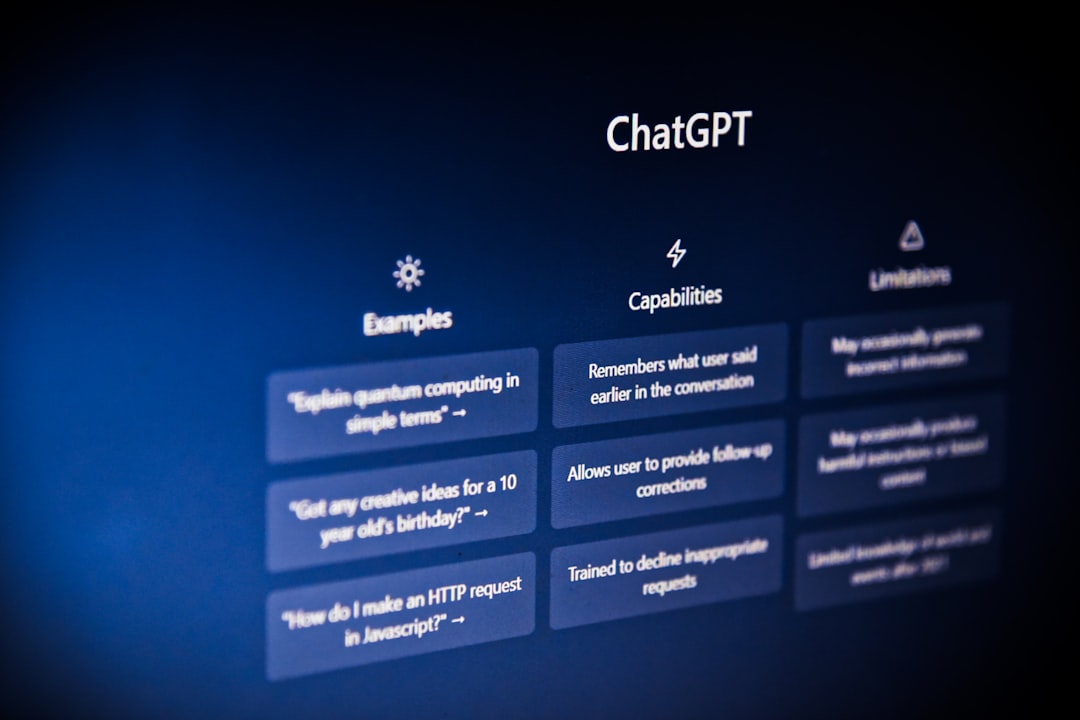As businesses increasingly rely on Customer Relationship Management (CRM) systems to nurture and strengthen client connections, the integration of Artificial Intelligence (AI) into CRM software has revolutionized how companies understand, interact with, and serve their customers. AI-driven CRM is not only about automation; it’s about unlocking data-driven insights that drive better decision-making, improve productivity, and enhance customer satisfaction.
Traditionally, CRM systems were databases that stored customer information and helped manage sales pipelines. However, with AI integration, these platforms can now analyze complex datasets, recognize patterns, and anticipate customer needs with a greater degree of accuracy. This capability creates substantial opportunities for companies to personalize the customer experience and improve their overall business outcomes.
Predictive Analytics and Customer Insights
One of the most transformative impacts of AI in CRM software is in predictive analytics. AI algorithms can analyze past customer behavior to predict future actions. This allows companies to proactively tailor their offerings or support based on likely customer needs. For example, CRM systems powered by AI can forecast future purchases, identify potential churn risks, or suggest upselling opportunities.

These predictive capabilities mean sales teams know which leads are most likely to convert and when to engage, while marketing teams can craft campaigns with highly targeted and relevant content. By eliminating guesswork, AI transforms reactive decision-making into proactive strategy.
Automation of Routine Tasks
Another major enhancement AI brings to CRM systems is the automation of routine and time-consuming tasks. Using natural language processing (NLP) and machine learning algorithms, AI can handle:
- Data entry and updating customer records
- Email and message categorization
- Scheduling appointments and reminders
- Lead scoring and prioritization
This automation not only frees up employees to focus on value-adding activities, but also reduces the likelihood of human error. With AI, even small teams can scale customer engagement without compromising quality or consistency.
Enhanced Customer Experience
AI-powered CRM platforms can provide an incredibly personalized and responsive customer experience. From AI chatbots capable of handling customer queries in real-time, to recommendation engines that suggest the right products, AI ensures every interaction is timely and relevant.

Furthermore, sentiment analysis tools interpret the customer’s mood and satisfaction based on written communication and tone. This gives businesses the ability to understand customer sentiment before it becomes a problem and respond to issues before they escalate.
Unified Data and Smarter Segmentation
CRM systems often pull data from multiple sources such as email, social media, and web analytics. AI excels at consolidating and making sense of this cross-channel data by identifying meaningful correlations and segmenting audiences into actionable groups.
For marketers, this means they can automatically group customers based on behavior, demographics, or purchase history, and deliver hyper-targeted campaigns at the right time. Smart segmentation ensures that marketing and sales efforts are more efficient and impactful.
Real-Time Decision Making
One key advantage of AI in CRM is the ability to provide insights and recommendations in real-time. Sales strategies can be refined on the go, customer service reps can receive suggestions while communicating with clients, and dynamic pricing models can adjust based on customer behavior and market trends.

This immediacy of feedback and analysis equips businesses with a competitive edge, enabling them to remain agile and responsive in rapidly changing markets.
Frequently Asked Questions (FAQs)
-
What is AI in CRM?
AI in CRM refers to the integration of artificial intelligence technologies—like machine learning, NLP, and data analytics—into Customer Relationship Management platforms to automate tasks and derive smarter insights. -
How does AI improve customer experience?
AI personalizes interactions, predicts customer needs, and automates support, making the customer experience faster, more relevant, and more satisfactory. -
Can AI help identify potential customers?
Yes, AI uses predictive analytics to evaluate leads and identify those most likely to convert, thus helping sales teams prioritize their efforts effectively. -
Does AI in CRM replace human workers?
No. AI is designed to augment human efforts by handling repetitive tasks and providing insights, allowing employees to focus on strategic and creative work. -
Which CRM systems use AI?
Many leading CRM platforms, including Salesforce, HubSpot, Zoho, and Microsoft Dynamics, use AI features to enhance productivity and analytics capabilities.



